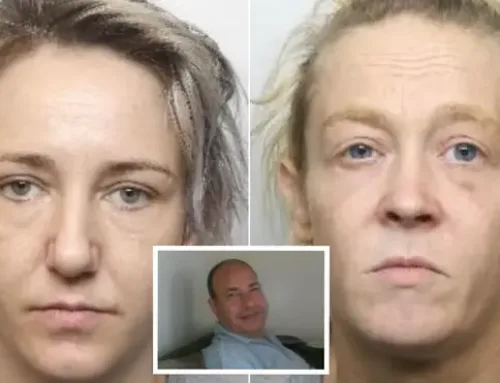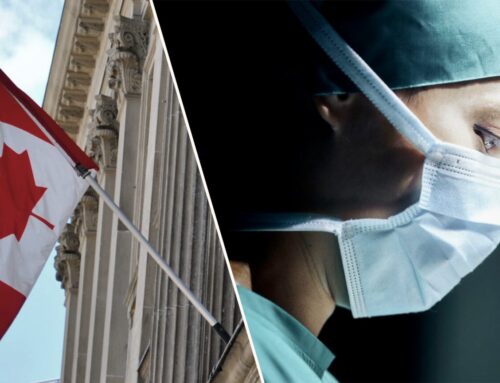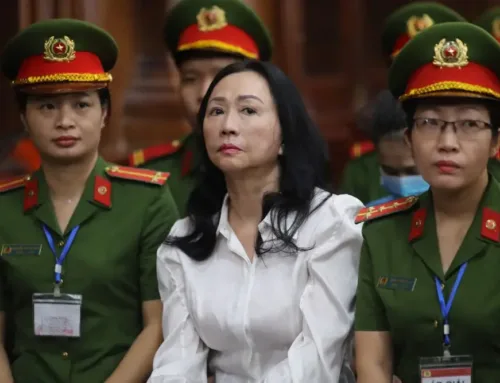Carlie Porterfield
Published:July 12, 2022
-Forbes
TOPLINE
A petition urging the Ukrainian government to legalize same-sex marriage amid Russia’s invasion has amassed tens of thousands of signatures and has been sent to President Volodymyr Zelensky for consideration.
KEY FACTS
More than 28,000 people signed the petition, which argues that in war-torn Ukraine “every day can be the last,” and same-sex couples deserve the opportunity to “start a family and have an official document to prove it.”
Any petition in Ukraine that garners more than 25,000 signatures is automatically eligible for consideration by the president, who is required to respond within ten days.
CRUCIAL QUOTE
“At this time, every day can be the last,” wrote Anastasia Andriivna Sovenko, the listed author of the petition. “Let people of the same sex get the opportunity to start a family and have an official document to prove it. They need the same rights as traditional couples.”
TANGENT
It’s unclear if Zelenksy would support legalizing same-sex marriage in Ukraine. Zelensky said he didn’t want to say “anything negative” about Ukraine’s LGBTQ+ community in response to a homophobic heckler during a 2019 press conference. “We all live in an open society where each one can choose the language they speak, their ethnicity and orientation,” Zelensky said. “Leave those people alone, for God’s sake!” He has also come under fire from gay rights groups in Ukraine for not dismissing Oleksiy Arestovych, one of his closest advisors who last month said members of the LGBTQ+ community are “deviant.”
KEY BACKGROUND
Homosexuality has been legal in Ukraine since 1991, but same-sex partnerships are not lawfully recognized. While Ukraine’s anti-discrimination laws include protections for sexual orientation and gender identity, “negative societal attitudes impede the effect of laws in practice,” according to the UCL European Institute. In May, a study from the Kyiv International Institute of Sociology found that 38.2% of Ukrainians polled had a negative view of the LGBTQ+ community, down from 60.4% in 2016.




